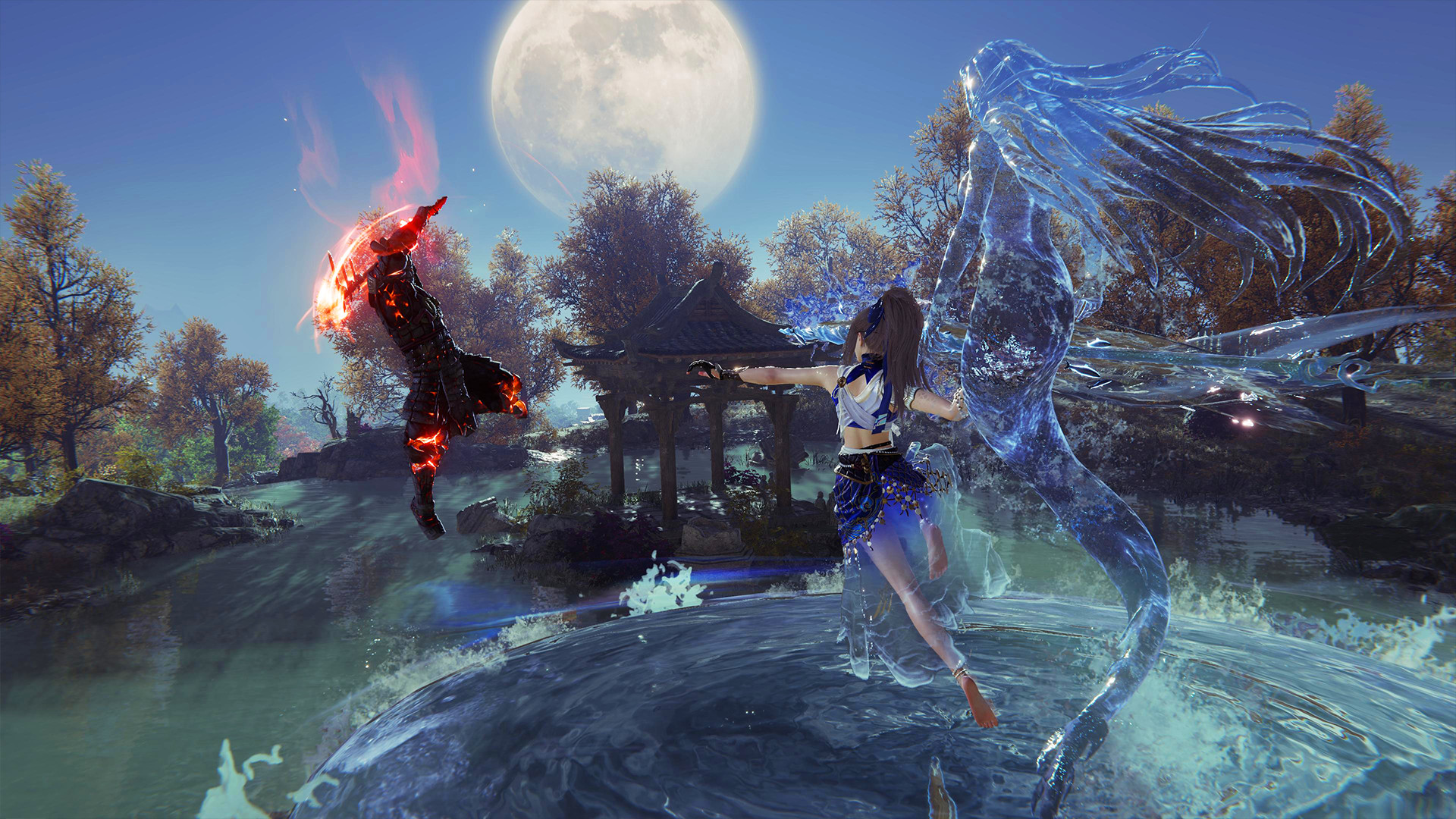Unity, one of the world's leading game development platforms, has been at the epicenter of controversy. At the heart of this storm stands John Riccitiello, Unity's now-former CEO, whose abrupt retirement followed an unpopular move that had the game developer community in an open revolt.
John Riccitiello's reign at Unity has had its fair share of critics. Notably, he bore the weight of a significant misstep in the past year when he called game developers "fucking idiots," for which he later publicly apologized.
It's important to recognize Riccitiello's history in the industry, which also includes a tenure as CEO of Electronic Arts (EA) during its controversial transition into always-online gaming and the Origin digital storefronts. It was under his watch that the much-criticized 2012's SimCity was launched, which, combined with other unpopular decisions, contributed to EA being voted the worst company in America for 2012. This past with EA, combined with recent events at Unity, has painted Riccitiello as a controversial figure in the gaming world.
The pivotal event that led to the uproar was Unity's attempt to change its pricing structure, introducing a "runtime fee." This change would have required developers to pay a 20-cent charge for every game installation after crossing a certain threshold, a policy that was even intended to apply retroactively. This meant that games developed and even released before the policy's announcement would still be subjected to these fees.

